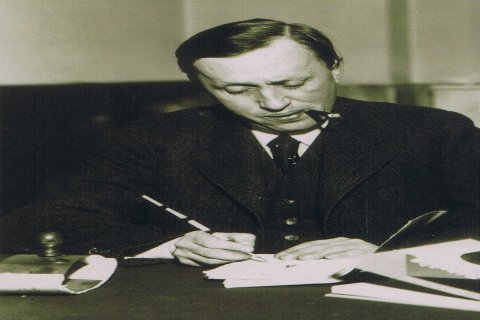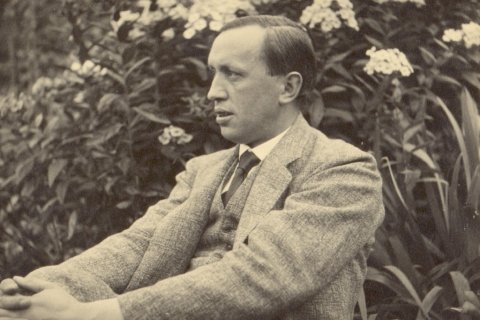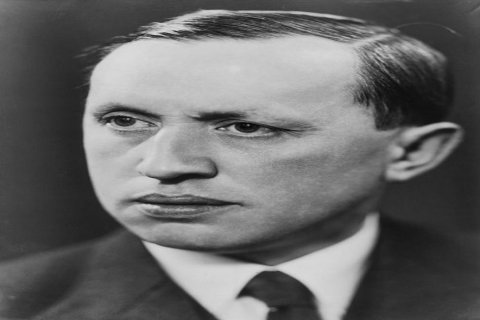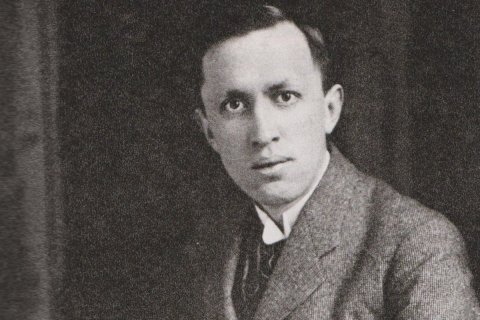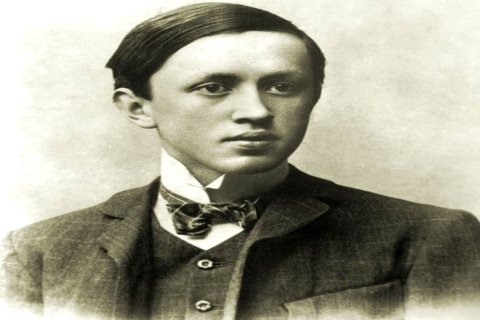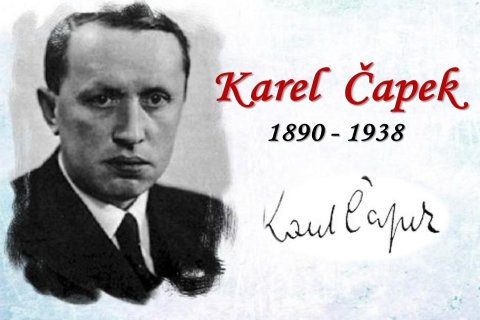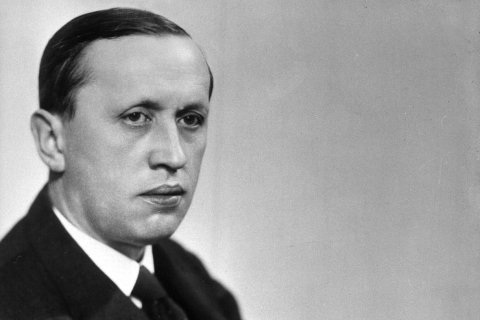Karel Čapek
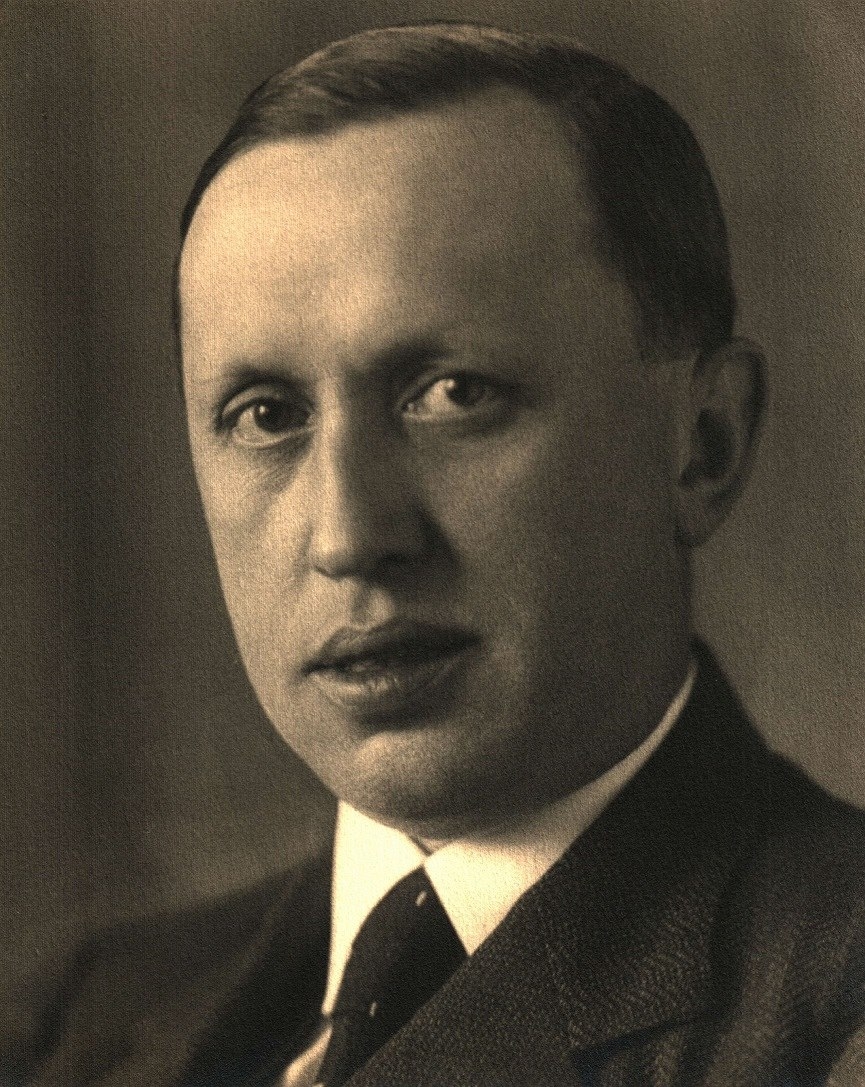
Karel Čapek: A Celebrated Czech Writer and Playwright
Karel Čapek (January 9, 1890 – December 25, 1938) was a renowned Czech writer, playwright, and journalist who left an indelible mark on the literary world. His works encompassed various genres, including science fiction, plays, essays, and travelogues. Čapek is best known for his play "R.U.R." (Rossum's Universal Robots), which introduced the term "robot" into the English language.
Background and Early Life: Born in Malé Svatonovice, Austria-Hungary (present-day Czech Republic), Karel Čapek grew up in a family of intellectuals. His father, Antonín Čapek, was a doctor, and his mother, Božena Čapková, was a writer. Čapek's childhood was spent in a stimulating environment that fostered his love for literature and the arts.
Literary Career: Karel Čapek began his writing career as a journalist, contributing articles and essays to various Czech newspapers and magazines. He gained recognition for his sharp wit, insightful observations, and unique writing style. In 1920, Čapek published his first novel, "The Factory for the Absolute," which explored themes of technology, morality, and the human condition.
Major Works: Čapek's most famous work is the play "R.U.R.," which was first performed in 1921. The play introduced the word "robot" into the English language and explored the ethical implications of creating artificial life. "R.U.R." became a global success and established Čapek as a prominent figure in the science fiction genre.
Among Čapek's other notable works are the dystopian novel "War with the Newts" (1936), the satirical play "The Insect Play" (1921), and the philosophical essays collected in "The Gardener's Year" (1929). Čapek's writings were characterized by their humor, social commentary, and thought-provoking themes.
Influence and Legacy: Karel Čapek's literary contributions had a significant impact on Czech and world literature. He was one of the first writers to explore the concept of artificial intelligence and its potential consequences. Čapek's works addressed contemporary social and political issues, making him a voice of conscience during turbulent times.
Čapek's writings have been translated into numerous languages and continue to be read and appreciated by audiences worldwide. His works have inspired adaptations in various forms, including stage productions, films, and television shows. Čapek's legacy lives on as his works continue to resonate with readers of all ages.
In Conclusion: Karel Čapek was a celebrated Czech writer, playwright, and journalist whose works left an indelible mark on literature. His insightful observations, sharp wit, and unique writing style made him a beloved figure in his native Czech Republic and beyond. Čapek's exploration of ethical dilemmas, technological advancement, and social issues remains relevant and thought-provoking to this day, ensuring his enduring legacy as a literary icon.

